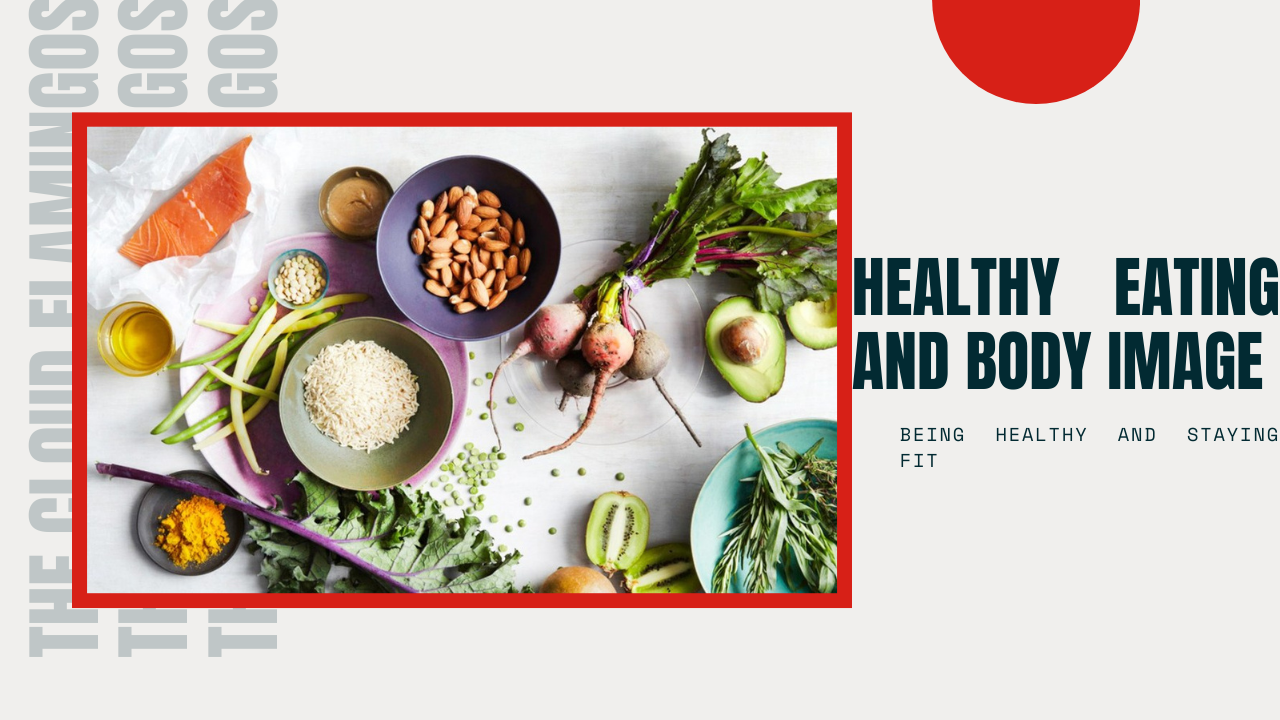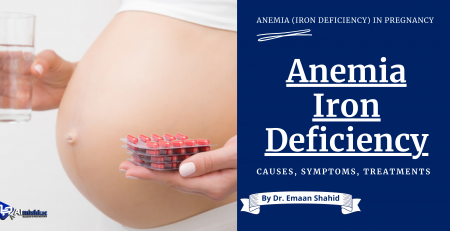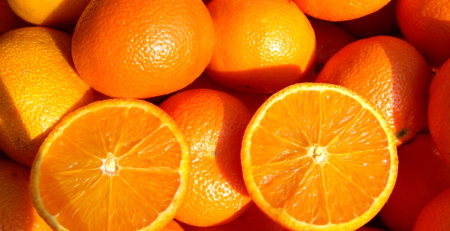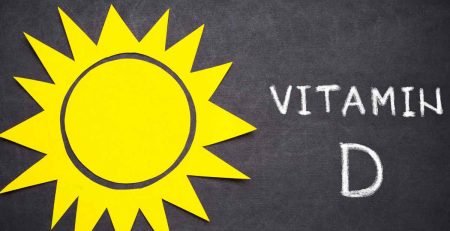The Ultimate Diet Plan for Weight Loss for Females in Pakistan
Being overweight and obese are major health problems in Pakistan, with the prevalence of these conditions on the rise in recent years. According to the Pakistan Health and Demographic Survey, around 38% of women in Pakistan are overweight or obese. It is a significant concern because being overweight or obese increases the risk of several health problems, including type 2 diabetes, heart disease, stroke, high blood pressure, and certain cancers.
A balanced and healthy diet is essential to weight loss and overall well-being. A healthy diet can help individuals maintain a healthy weight, reduce their risk of chronic diseases, and improve their overall health and quality of life. A balanced diet includes a variety of foods from all the major food groups, including fruits, vegetables, whole grains, lean protein, and healthy fats. Eating a balanced diet can also ensure that the body receives all the necessary nutrients to function properly. In addition to eating a healthy diet, regular physical activity and managing stress are important factors for maintaining a healthy weight and overall well-being.

Diet Plan for Women In Pakistan
The diet plan for weight loss for females in Pakistan is a balanced and healthy eating plan designed to promote weight loss and overall well-being. The key principles of this diet plan include the following:
Portion Control: The diet plan emphasizes the importance of portion control to help individuals reduce their overall calorie intake. This involves eating smaller portions of high-calorie foods and larger portions of low-calorie, nutrient-dense foods.
Balanced Macronutrients: The diet plan includes a balanced intake of macronutrients (carbohydrates, protein, and fats) to ensure that the body receives all the necessary nutrients. The recommended ratio of macronutrients is approximately 50-60% carbohydrates, 20-25% protein, and 20-25% healthy fats.
Nutrient-Dense Foods: The diet plan emphasizes the importance of eating nutrient-dense foods that provide a high amount of nutrients relative to their calorie content. This includes fruits, vegetables, whole grains, lean protein, and healthy fats.
Hydration: The diet plan also emphasizes the importance of staying hydrated by drinking plenty of water throughout the day. Drinking water can help to reduce hunger, boost metabolism, and improve overall health and well-being.
Healthy Cooking Methods: The diet plan recommends using healthy cooking methods such as grilling, baking, and steaming to reduce the intake of added fats and calories.
By following these key principles, the diet plan for weight loss for females in Pakistan can help individuals achieve their weight loss goals while also promoting overall health and well-being.
| Key Principles | Description |
| Portion Control | Eating smaller portions of high-calorie foods |
| Eating larger portions of low-calorie, nutrient-dense foods | |
| Balanced Macronutrients | 50-60% carbohydrates, 20-25% protein, and 20-25% healthy fats |
| Nutrient-Dense Foods | Eating foods that provide a high amount of nutrients relative to their calorie content, such as fruits, vegetables, whole grains, lean protein, and healthy fats |
| Hydration | Drinking plenty of water throughout the day |
| Healthy Cooking Methods | Using healthy cooking methods such as grilling, baking, and steaming to reduce the intake of added fats and calories |
Understanding the Basics of a Healthy Diet
A healthy diet consists of a variety of foods from all the major food groups, providing the body with the nutrients it needs to function properly. The key components of a healthy diet include macronutrients and micronutrients.
Macronutrients are nutrients required in large amounts by the body and include carbohydrates, protein, and fats.
Carbohydrates are the body’s primary source of energy and are found in foods such as bread, rice, pasta, fruits, and vegetables. Complex carbohydrates found in whole grains, fruits, and vegetables are preferable as they provide the body with fiber, vitamins, and minerals, whereas simple carbohydrates found in sugary foods and drinks should be limited.
Protein is essential for building and repairing tissues in the body and is found in foods such as meat, poultry, fish, beans, lentils, and tofu. Animal sources of protein, such as meat and dairy, are complete proteins, meaning they contain all of the essential amino acids the body needs, while plant sources may require combining different protein sources to achieve adequate amounts of all essential amino acids.
Fats provide the body with energy and aid in the absorption of fat-soluble vitamins. Healthy fats, such as those found in nuts, seeds, and fatty fish, are essential for good health, while saturated and trans fats found in fried foods, pastries, and high-fat meats should be limited.
Micronutrients, on the other hand, are nutrients required in smaller amounts, including vitamins and minerals. Vitamins are essential for various bodily functions, including metabolism, immune function, and blood clotting, and are found in a variety of foods such as fruits, vegetables, and whole grains. Minerals are also required for numerous bodily functions, including the formation of strong bones and teeth, nerve function, and muscle contraction, and are found in foods such as dairy products, leafy greens, and whole grains.
A balanced and healthy diet that includes all of these key components can help individuals maintain a healthy weight, reduce their risk of chronic diseases, and improve their overall health and well-being.
Sure, here’s a table with examples of healthy foods that are rich in each macronutrient and micronutrient, and that are easily available in Pakistan:
| Macronutrient | Healthy Foods |
| Carbohydrates | Brown rice, whole wheat bread, sweet potatoes, lentils, chickpeas, bananas, apples |
| Protein | Chicken, fish, lentils, kidney beans, chana dal, tofu, cottage cheese, yogurt |
| Fats | Almonds, walnuts, chia seeds, flaxseeds, avocados, olive oil, fish (such as salmon and tuna) |
| Micronutrient | Healthy Foods |
| Vitamin A | Carrots, sweet potatoes, pumpkin, spinach, kale, papaya, mango |
| Vitamin C | Oranges, strawberries, kiwis, tomatoes, green chilies, guava |
| Vitamin D | Fatty fish (such as salmon and tuna), egg yolks, fortified milk, and yogurt |
| Calcium | Milk, yogurt, cheese, kale, broccoli, almonds, sesame seeds |
| Iron | Red meat, liver, spinach, lentils, chickpeas, tofu, quinoa |
It’s important to note that these are just a few examples of healthy foods that are rich in each macronutrient and micronutrient and that there are many other options available. A balanced and varied diet that includes a variety of different foods is the best way to ensure adequate intake of all essential nutrients.
Diet Plan Recommended by Professional Nutritionists
Healthy Pakistani Diet Plan for Weight Loss
Early Morning (6:00 AM – 7:00 AM)
- Drink warm water with lemon and honey
- Eat a boiled egg white
Breakfast (8:00 AM – 9:00 AM)
- 1 cup of green tea
- 2 slices of whole wheat bread with low-fat cheese
- 1 medium-sized apple
Mid-morning Snack (11:00 AM – 12:00 PM)
- 1 cup of sliced cucumber with a sprinkle of chaat masala
Lunch (1:00 PM – 2:00 PM)
- 1 cup of mixed vegetable salad (lettuce, tomatoes, carrots, cucumber, etc.)
- 1 roti made with whole wheat flour
- 1 cup of lentil soup
- 1 small piece of grilled chicken breast
Mid-afternoon Snack (4:00 PM – 5:00 PM)
- 1 cup of green tea
- 1 medium-sized orange
Dinner (7:00 PM – 8:00 PM)
- 1 cup of mixed vegetable salad (lettuce, tomatoes, carrots, cucumber, etc.)
- 1 roti made with whole wheat flour
- 1 cup of cooked spinach or kale
- 1 small piece of grilled fish
Bedtime Snack (10:00 PM – 11:00 PM)
- 1 cup of warm milk with a pinch of turmeric
Tips and Recommendations
- Avoid all junk foods, candies, ice creams, and processed foods that are high in trans fats, refined oils, sugar, and calories.
- Increase the intake of fresh fruits and vegetables in your diet.
- Incorporate green tea into your daily routine, as it is known to boost metabolism and aid in weight loss.
- Follow a strict diet plan to achieve your weight loss goals, but also remember to maintain a healthy lifestyle by incorporating regular physical activity into your routine.
Conclusion:
This is particularly important for women in Pakistan who have a higher prevalence of overweight and obesity and are at risk of associated health problems. The key principles of the diet plan for weight loss for females in Pakistan include focusing on whole, nutrient-dense foods, eating smaller and more frequent meals, and staying hydrated. In addition, tips for making the plan work include being mindful of portion sizes, planning meals in advance, and incorporating regular physical activity into your routine.
It’s important to remember that making small changes to your diet and lifestyle can have a significant impact on your health and weight loss goals. By incorporating healthy foods and habits into your daily routine, you can improve your overall health and well-being. It’s never too late to start taking action toward achieving your goals, so start today and make the necessary changes to live a healthier life
Related Reads
Understanding Organic Vitamins: Benefits, Sources, and Potential Drawbacks
Oranges: The Winter Superfruit
Organic Food Versus Conventional Food












LEAVE A COMMENT
You must be logged in to post a comment.